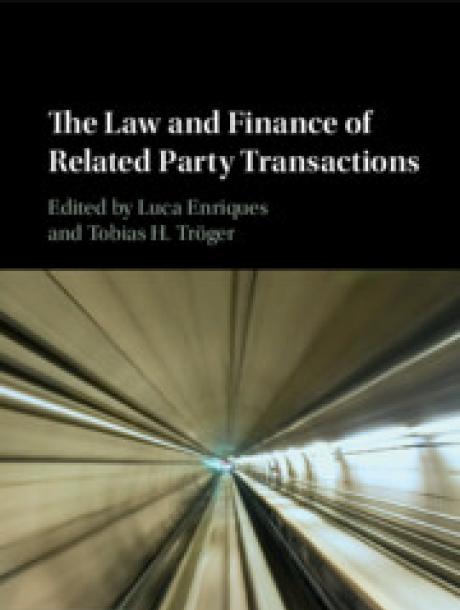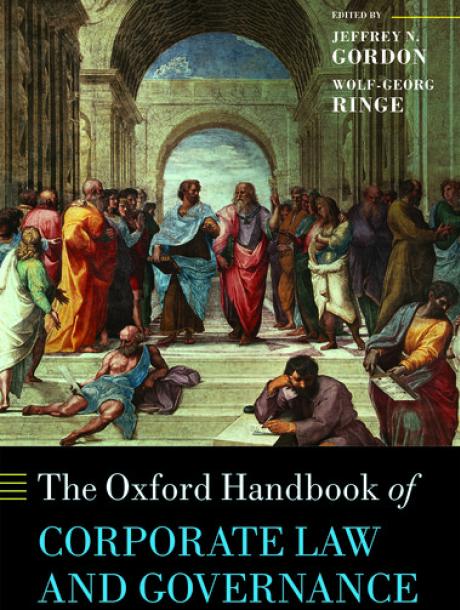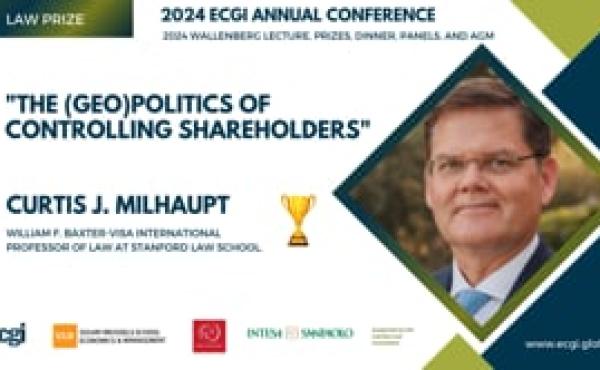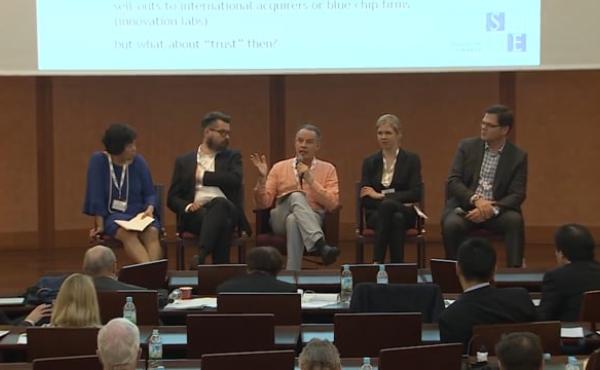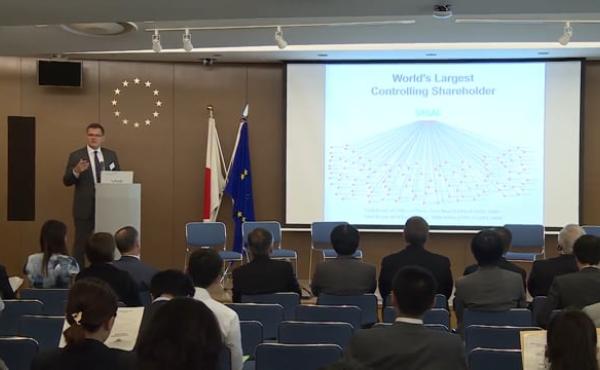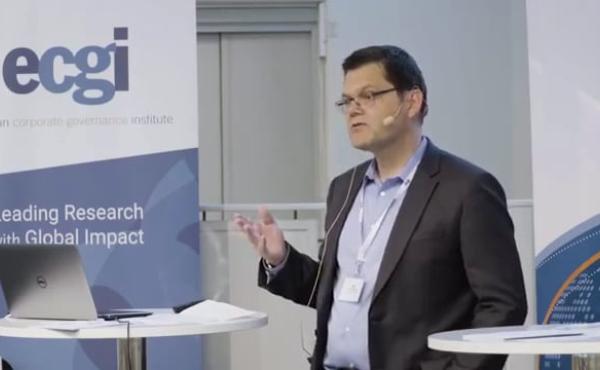
- Fellow
- Research Member
Professor Curtis J. Milhaupt
Biography
Curtis J. Milhaupt is the William F. Baxter-Visa International Professor of Law at Stanford Law School and a Senior Fellow of the Freeman Spogli Institute for International Studies at Stanford University. His research and teaching interests include comparative corporate governance, the legal systems of East Asia, and Chinese state capitalism. In addition to numerous scholarly articles, he has co-authored or edited seven books, including Regulating the Visible Hand? The Institutional Implications of Chinese State Capitalism (Oxford, 2016), Law and Capitalism: What Corporate Crises Reveal about Legal Systems and Economic Development Around the World (Chicago, 2008) and Transforming Corporate Governance in East Asia (Routledge, 2008). His research has been profiled in The Economist, the Financial Times, and the Wall Street Journal and has been widely translated. He is an elected member of the American Law Institute and an ECGI Fellow.
Prior to his Stanford appointment in 2018, Prof. Milhaupt held chaired professorships in comparative corporate law and Japanese law at Columbia Law School, where he served on the faculty for nearly two decades.
Professor Milhaupt has held numerous visiting appointments at universities around the world and is the recipient of two teaching awards. He has been affiliated with think tanks such as the Bank of Japan’s Institute for Monetary and Economic Studies and has been a member of several international project teams focused on major policy issues in Asia, including one charged with designing an “institutional blueprint” for a unified Korean peninsula.
Prior to entering academia, Professor Milhaupt practiced corporate law in New York and Tokyo with a major U.S. law firm. He holds a J.D. from Columbia Law School, where he served on the Columbia Law Review, and a B.A. from the University of Notre Dame. He also conducted graduate studies in both law and international relations at the University of Tokyo on fellowships under the auspices of the Japanese Ministry of Education, the Social Science Research Council, and the Japan Foundation.











